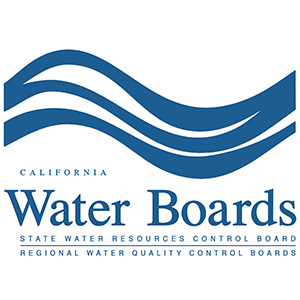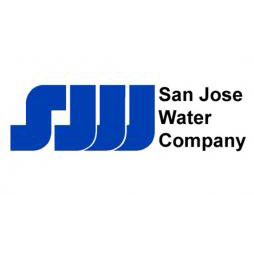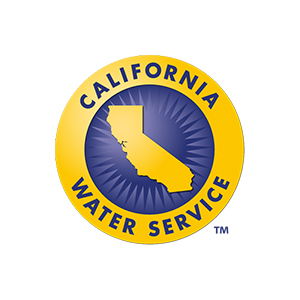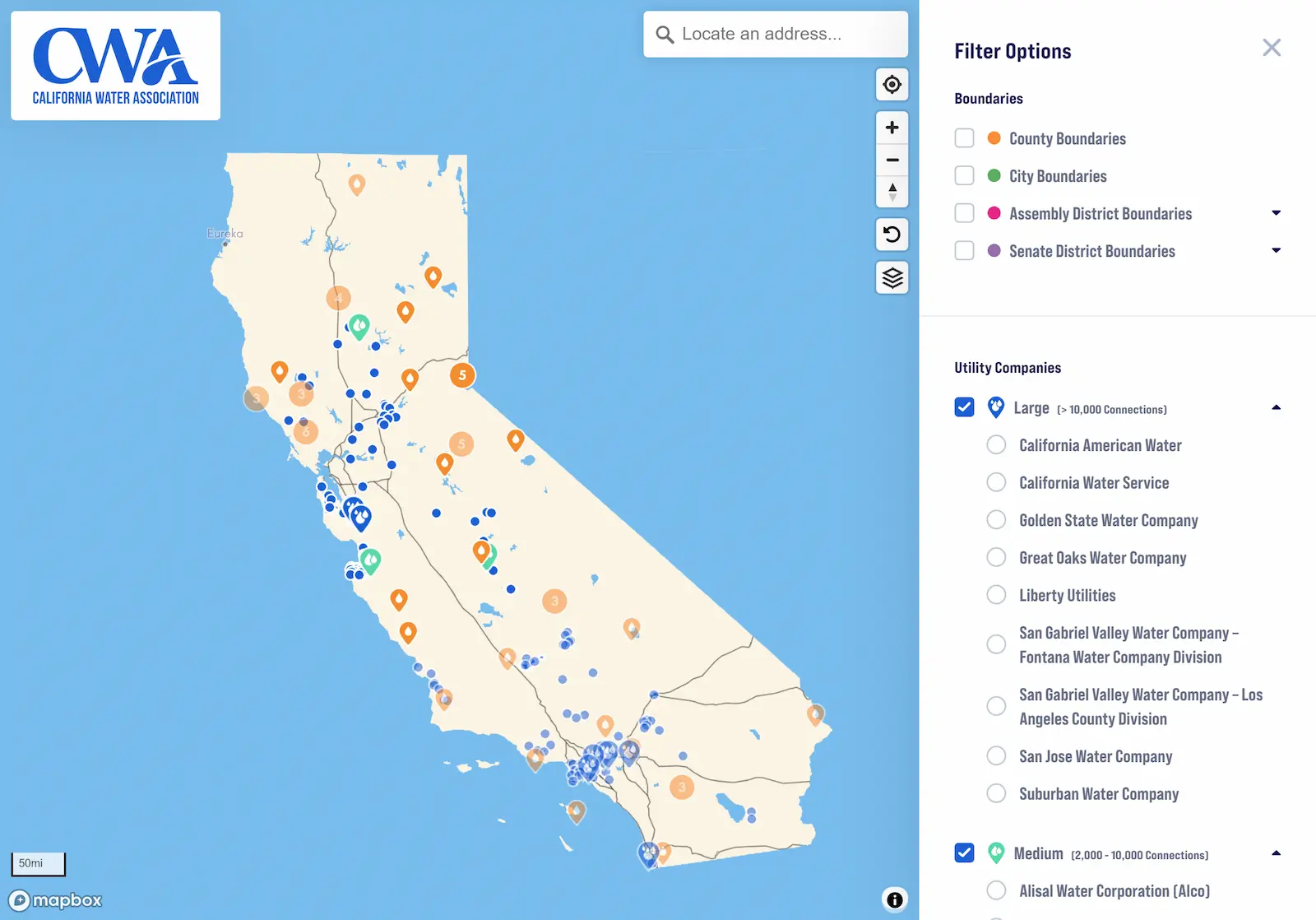The State Water Resources Control Board’s (SWRCB) recent adoption of a new statewide permit for drinking water system discharges included several improvements offered by the California Water Association (CWA) and accepted by the SWRCB at its hearing in November. Among the most important were word changes in the permit designed to prevent costly and unwarranted third-party lawsuits against retail water purveyors as these entities move forward to bring their utility operations into coverage under the permit.
According to the SWRCB, water purveyors are regularly (and properly) required to discharge drinking water into storm drains or other conveyances that drain to surface “waters of the United States.” Planned discharges are part of a water purveyor’s essential operations and are necessary for compliance with the federal Safe Drinking Water Act, as well as the California Health and Safety Code, in providing safe, reliable drinking water. Unplanned surface water discharges also occur from pipe breaks, system failures and emergencies.
The SWRCB notes that Section 402 of the federal Clean Water Act requires that a point source discharge of any pollutant or combination of pollutants to surface waters that are deemed “waters of the United States” be regulated by a National Pollutant Discharge Elimination System (NPDES) permit. To provide coverage to discharges by drinking water purveyors in compliance with Clean Water Act section 402, the SWRCB adopted the Statewide General NPDES Permit for Drinking Water System Discharges to Waters of the United States on November 18, 2014. To get coverage under the permit, a water purveyor must submit an application to the SWRCB no later than September 1, 2015. Alternatively, if a water purveyor determines it does not need coverage under the permit, it must submit a notice of non-applicability to the SWRCB also by September 1, 2015.
The CWA changes accepted by the SWRCB involved clarifications in the language that reduced confusion regarding discharges that are actually authorized and are eligible for coverage under the permit. Additionally, CWA was successful in getting the SWRCB to agree that the intent of the permit was to make a “low-threat” determination for drinking water system discharges, thereby ensuring that authorized discharges under the permit shall not “cause or contribute to a violation of any applicable basin plan or water quality control plan …” Further, the permit now provides that only discharges that actually cause or contribute to exceedances in water quality standards when measured in receiving waters can constitute violations of the permit and not simply those discharges with constituents that might be higher at the point of discharge than the water quality standards authorize for receiving waters.
“CWA’s Water Quality Committee and its attorney from Nossaman LLP, Mary Lynn Coffee, deserve a lot of credit for these and other changes to the new statewide NPDES permit for drinking water system discharges,” said CWA Executive Director Jack Hawks. “Their efforts will benefit the customers of all water utilities in the state by reducing the potential for financial damages in third-party citizen lawsuits against utilities that elect to take coverage under the permit.”





